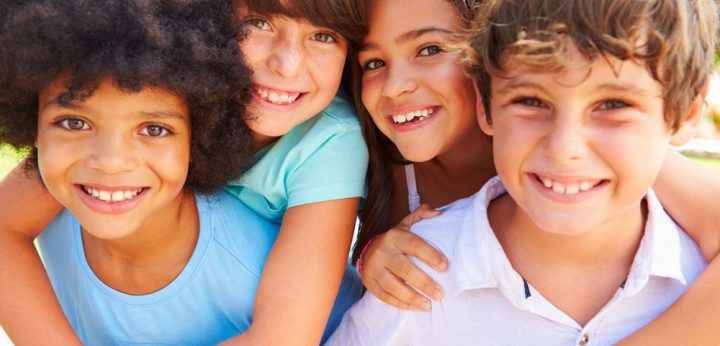More than a Million Children Provide Familial Care in the US

The most recent statistics surrounding family caregiving in the United States are staggering. A 2005 National Alliance for Caregiving report estimates that 65.7 million Americans are familial caregivers. Of that number, more than 16 million care for people with dementia or Alzheimer’s disease. Shockingly, some of those caregivers are children.
1 million children
Imagine this: Kids across the country board school buses, ride their bikes, or walk to school each day, and after their studies, return home to care for a relative.
There are 1.4 million children between the ages of 8 and 18 who act as caregivers, including boys and girls in equal proportions. Most of them (72 percent) care for a parent or grandparent; 11 percent care for a sibling.
Alzheimer’s or dementia is the most common condition for those under a child’s care. Thankfully, in most cases, kids aren’t the sole care providers.
Tasks kids perform as caregivers
The National Alliance for Caregiving studied 14 caregiving responsibilities that kids take on. The study indicates that nearly 60 percent of child caregivers help with at least one daily activity having to do with personal care: bathing, dressing, feeding, helping with bathroom requirements, or getting in and out of bed. The top responsibility for child caregivers was to provide company for a loved one. The second was helping with specific chores.
Negative effects on child caregivers
Caregiving is a challenge that can weigh heavily on children. According to the NAC study, 36 percent of caregivers between 8 and 11 years of age feel isolated and even unloved compared with their non-caregiving counterparts. Caregiving kids may experience the following:
- Feelings of inferiority
- Moodiness
- Antisocial behavior
- Poor performance/behavior at school
- Camouflage of real feelings
- Very little free time
- Anxious feelings or depression
Children who provide intimate care are more personally affected. This is especially true when the child lives under the same roof as the caregiving recipient.
Positive effects on child caregivers
Caregiving becomes a problem for kids when it becomes the only choice, but kids who help out in caregiving families can experience positive effects, as long as they’re not required to complete tasks that are too intimate. The NAC study reports that 64 percent of caregivers tend to feel appreciated for the help they give.
Assisting with caregiving duties appropriate for their age can help kids learn to be kind and empathetic. Additionally, caring for another person, even if it’s just keeping a parent or grandparent company for an hour or so, teaches kids responsibility. These are good life lessons for their futures.
Children are young for such a short time. They should be allowed to be kids for as long as possible.
***
Note: Alzheimer’s News Today is strictly a news and information website about the disease. It does not provide medical advice, diagnosis, or treatment. This content is not intended to be a substitute for professional medical advice, diagnosis, or treatment. Always seek the advice of your physician or other qualified health provider with any questions you may have regarding a medical condition. Never disregard professional medical advice or delay in seeking it because of something you have read on this website. The opinions expressed in this column are not those of Alzheimer’s News Today or its parent company, Bionews Services, and are intended to spark discussion about issues pertaining to Alzheimer’s Disease.







Leave a comment
Fill in the required fields to post. Your email address will not be published.